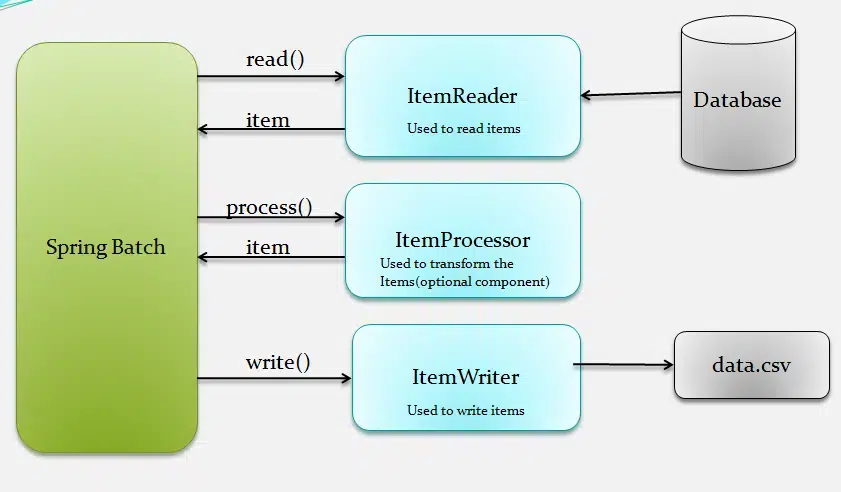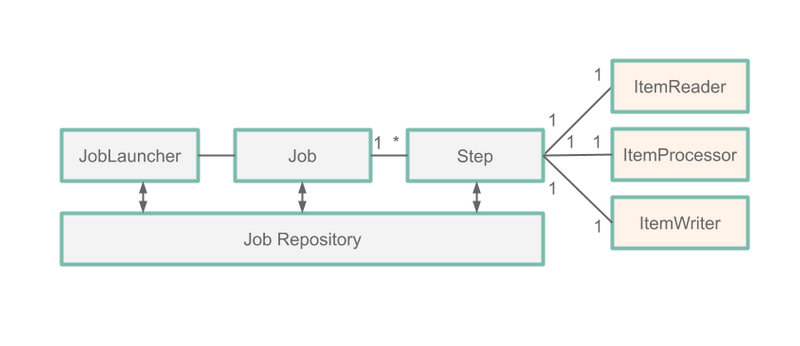Roads & PavementRoads & Pavement
Barefoot
Minimal
Low
Medium
High
Maximal
All around running shoes offer comfort and cushioning for daily runs, jogs, walks, and long mileage. They offer enough versatility for both faster and slower runs and are a great option for those who want one running shoe to do it all.
Fast run or uptempo running shoes are lightweight and responsive. They offer streamlined designs that have minimal uppers and offer a high level of energy return. These shoes are a great option for faster runs in the week or those looking for a livelier experience.
Max Cushion shoes offer premium cushioning with ample ground protection and a stable ride. These types of shoes provide abundant impact protection that softens landings while running at any pace or distance. These types of shoes are best for slower recovery runs and easy days where comfort takes priority.
Racing shoes are designed with optimal performance in mind. These types of shoes have snug-fitting uppers, energetic midsole foams, and features implemented for maximum efficiency. These types of shoes are best for runners looking to gain the ultimate advantage in races but may sacrifice some durability and comfort.
Gym Workout shoes offer a stable and versatile ride. They have a firmer underfoot feeling that provides stability for lateral movements with comfortable uppers. These types of shoes are best for trips to the gyms, cross training, casual wear, and light running. Introduction to Spring Batch 3.0 Suhas s Java Blog
Road running shoes feature smooth outsoles that are designed for running on paved surfaces such as roads, sidewalks, and bike paths.
Designed to handle most trail runs, these shoes prioritize comfort and a smooth ride. These shoes are great for anything from smooth singletrack, park trails, and fireroads making them ideal for those who run from their doorstep on streets before hitting the trail.
These shoes are best used for hard, rugged trails such as shale, granite or sandstone where grip on smooth surfaces and underfoot protection are important.
Designed for use in muddy, soggy conditions, these shoes feature very aggressive outsoles that dig deep into soft ground for exceptional traction.
These shoes feature technical outsoles designed to grip snowy and icy trails making them ideal for winter trail running.
Cushioning level, or stack height, refers to how much shoe is between your foot and the ground. For this category, we reference the amount of cushioning below the forefoot as the heel height will be equal to or greater than the forefoot height.
Efficient Data Processing with Spring Boot Batch A Step by Step Guide
0-13mm. The Shoe generally does not have a midsole and feels like there is no cushioning. This shoe is all about feeling the ground underfoot.
14-18mm. The shoe has a thin midsole that allows for a natural running experience. Racing shoes and minimalist shoes are common here. These shoes offer a feeling of being connected to the road or trail.
19-23mm. The shoe has a slightly cushioned feel and may feature added cushioning technologies. Performance training shoes and some trail shoes are common here. These offer protection during footstrike but prioritize a lightweight, grounded experience.
24-28mm. These shoes have a stack height that fall near the middle of the spectrum.The shoes in this category are verstaile and great for all types of runs and distances.
29-34mm. The shoe has a thick midsole and ample cushioning. These shoes are highly protective and absorb more impact than the body.
35mm plus. The shoe has an extremely thick midsole and extra cushioning. The focus is on protection and soft foam underfoot with hardly any ground feel.
Neutral shoes support the foot through a normal range of arch collapse and generally do not have a built-in technology to correct movement.
Stability shoes are a great option for those who overpronate or need added support. These shoes help to limit the inward rolling motion of the ankle while running or walking and assist in guiding the foot straight through the gait cycle. Chapter 10. Controlling execution Spring Batch in Action
Product Details:
Spring Batch Multi Steps Job Controlling Step Flow Sequential Flow 10 shop, Spring Batch Architecture shop, Processing Large Data Sets With Spring Boot and Spring Batch by shop, Spring Batch Reference Documentation shop, Morten s rants Spring Batch and Hibernate shop, Spring batch processing overview by Shradha Yewale Medium shop, Spring Batch Example with Spring Boot shop, multithreading Spring Batch Transaction Management Multi shop, Spring Batch Tutorial Introduction Petri Kainulainen shop, Spring Boot Spring Batch Job Parameters Example JavaInUse shop, Transactions in Spring Batch Part 1 The Basics shop, Chapter 13. Scaling and parallel processing Spring Batch in Action shop, Experiencing Spring Batch Spring batch is a lightweight shop, Step Listener in Spring Batch ItemReadListener shop, Spring Batch Tutorial Introduction Get Best Examples Dinesh on shop, Spring Batch Architecture shop, What is Spring Batch and how is it used Quora shop, Open source Java projects Spring Batch InfoWorld shop, Documentation Spring Cloud Data Flow shop, Chapter 10. Controlling execution Spring Batch in Action shop, Efficient Data Processing with Spring Boot Batch A Step by Step Guide shop, Introduction to Spring Batch 3.0 Suhas s Java Blog shop, Resource cleanup using Tasklet in Spring Batch Tasklet Part2 shop, How to create an application with Spring Batch Home shop, Chapter 2. The Domain Language of Batch shop, Spring Batch Architecture shop, Spring Batch retrieve data from the CSV file and save it to shop, Guide to Spring Batch Processing Toptal shop, java Spring batch Partitioning with multiple steps in parallel shop, Spring Batch Example CodeNotFound shop, Spring Batch Tutorial Introduction Petri Kainulainen shop, Spring Batch Tutorial with Spring Boot shop, Spring Batch Overview TheServerSide shop, Step Types In Spring Batch YouTube shop, Spring Batch How to read lists of lists Part II Desynit shop, Spring Batch Reference Documentation shop, Scaling a Spring Batch Application Step Chunk Oriented Processing vs Tasklet 011 shop, Spring Batch Tutorial Batch Processing Made Easy with Spring by shop, How to define a difference between the batch process and scheduler shop, Step by Step Spring Batch Tutorial shop, Spring Batch Tutorial Introduction Petri Kainulainen shop, java Spring batch Partitioning with multiple steps in parallel shop, Spring Batch Jobs How to Setup Batch Processing in Spring shop, Spring Batch Architecture shop, Introduction to Spring Batch by Rostyslav Ivankiv Medium shop, Spring Boot Batch Tutorial Hello World example JavaInUse shop, 5. Configuring a Step shop, 5. Configuring a Step shop, Guide to Spring Batch Processing Toptal shop, The Domain Language of Batch shop, Product Info:
Spring batch step by step shop.
- Increased inherent stability
- Smooth transitions
- All day comfort
Model Number: SKU#7271027





